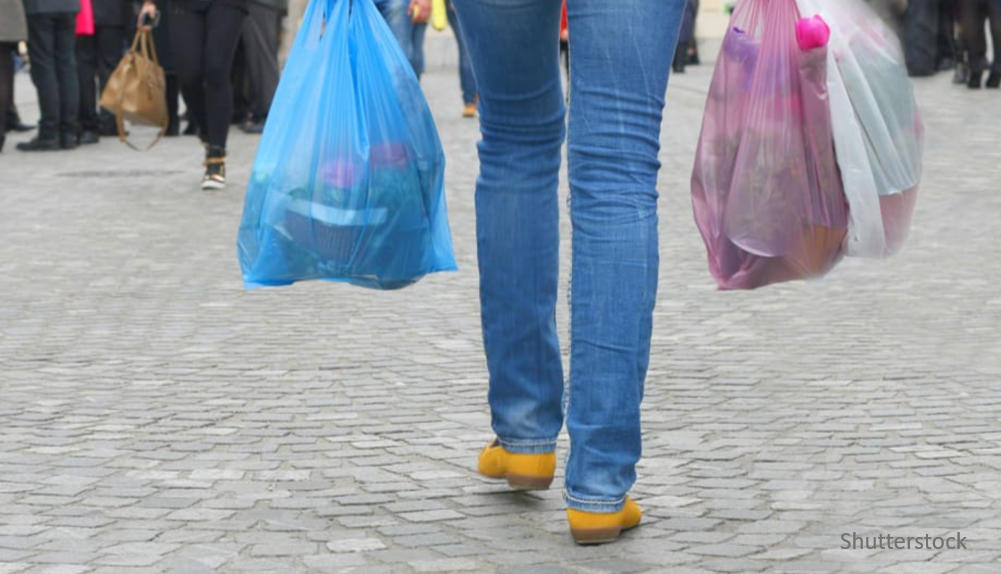Everyday items that are damaging the environment
25 May 2021
Post by Admin

Every day, we go through our daily routine and whether we realize it or not, our habits have an impact on the environment around us
Lately many products and services are designed to be easier for living, easy to take, to grab, to eat and to throw in trash. Sometimes we may forget that when it has been moved from the trash in our home or office. Where will it go next? How long will it stay in nature before it decomposes? How does it impact the environment?

Hand soap wash, many brands of hand soap contain the controversial chemical triclosan, which is linked to serious health conditions and causes cancer in mice. The chemical is also extremely resilient and can survive water treatment, enabling it to reach the ocean and destroy bacteria that form the base of the food chain.

Microbead toothpaste and face wash, many toothpaste brands have been discovered to contain plastic microbeads, a leading contributor to the 8 million tons of plastic that enters the ocean each year, with devastating consequences for wildlife and the marine environment. Microbeads do not biodegrade and are too small to be caught in clean-up exercises, and they attract toxic chemicals as they travel. The microscopic menaces are also found in various shower gel and cream products, but perhaps not for much longer. Microbeads have been banned in the US, Canada and the UK, and countries across Europe are looking to follow suit.

Wet wipes are increasingly popular for use on skin or household surfaces, which is causing problems further down the line. Although labeled as "flushable," they contain plastic and don't break down easily like toilet paper. When disposed via the toilet, the non-biodegradable products cause blockages and "fatbergs" in sewers and wash up in huge volumes on beaches.

Disposable chopsticks are stripping Asian forests bare. Almost 4 million trees are sacrificed to produce 57 billion pairs of disposable chopsticks each year, according to Greenpeace, and they are treated with chemicals that can cause respiratory disorders. There are also human rights issues, as chopsticks have reportedly been produced in labor camps, according to Amnesty International.

Online shopping does a lot more harm than good when it comes to the planet. Online shopping sales continue to soar and it’s no surprise with the convenience and ease, but it comes at a high cost to the planet. The delivery alone causes a disproportionate amount of emissions with more people ordering their stuff online, increasing the number of destinations trucks have to travel to. Plus, people are also buying more items because of the easy access, which means more shipments and more trucks. If that wasn’t enough to convince you to give up your online shopping addiction, online products typically require a lot more packaging than if you just went to the store and brought it home in a reusable bag.
It's important to understand how the small decisions each of us make add up to a huge impact on the environment. To give you a better sense of what your carbon footprint looks like, take a look at this list to see which habits you’re already doing, which you may need to adopt, and which you need to give up. Every certain behavior of us is a part of harming the world and the environment.
Source:
https://edition.cnn.com/2016/11/08/world/gallery/eco-bad-habits/index.html
https://www.insider.com/daily-habits-impact-the-environment-2018-10#non-reusable-menstrual-products-are-getting-sent-to-landfills-by-the-billions-10
